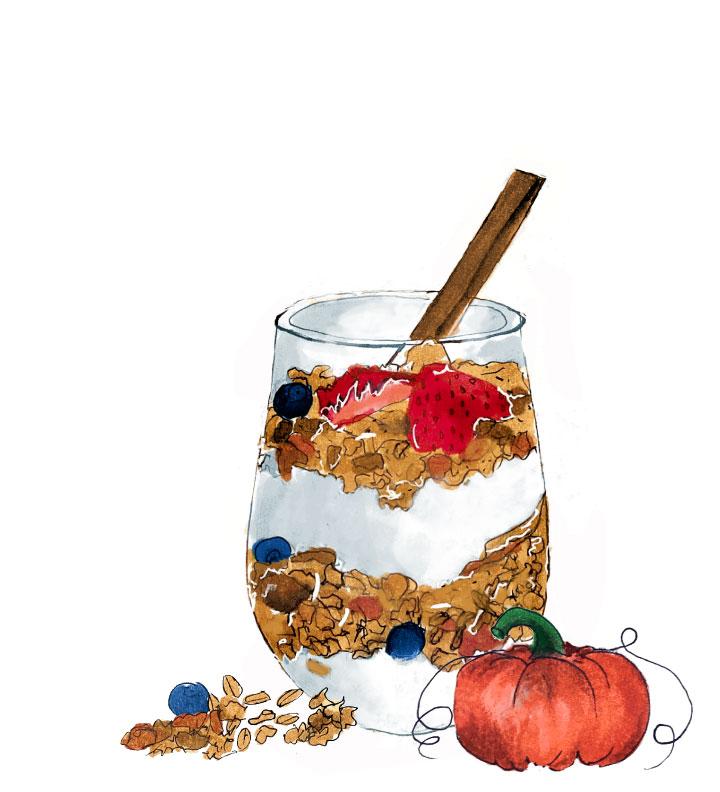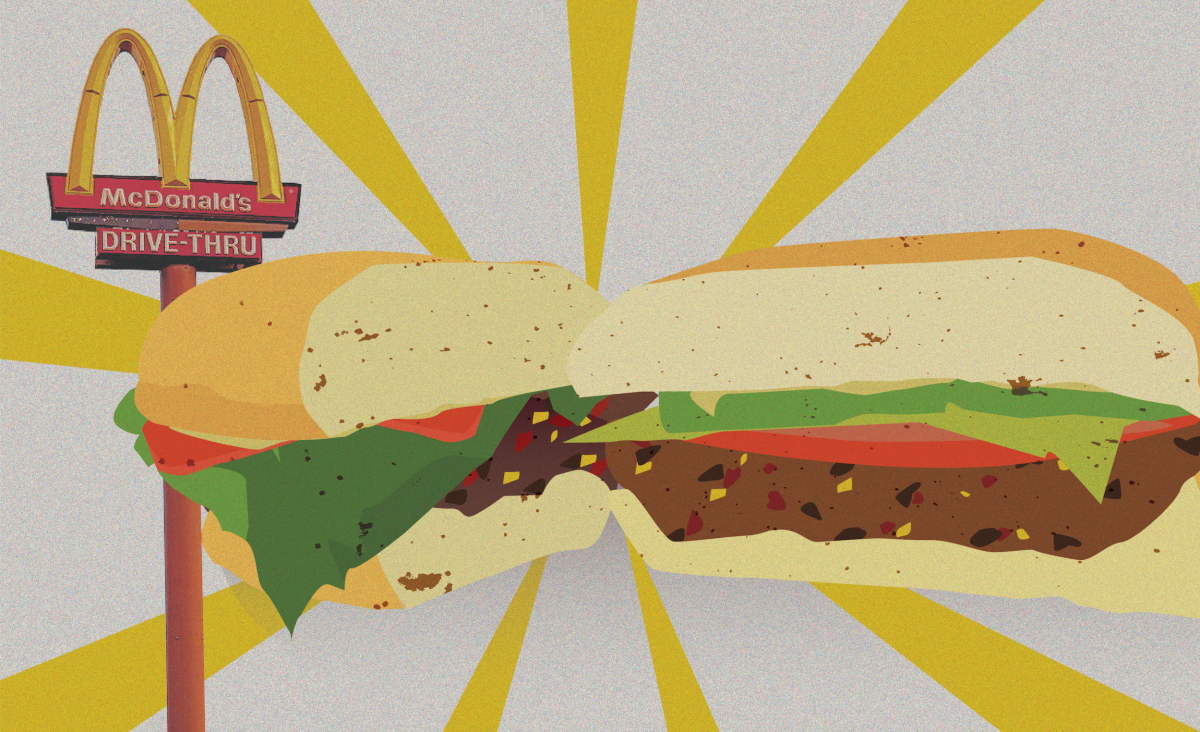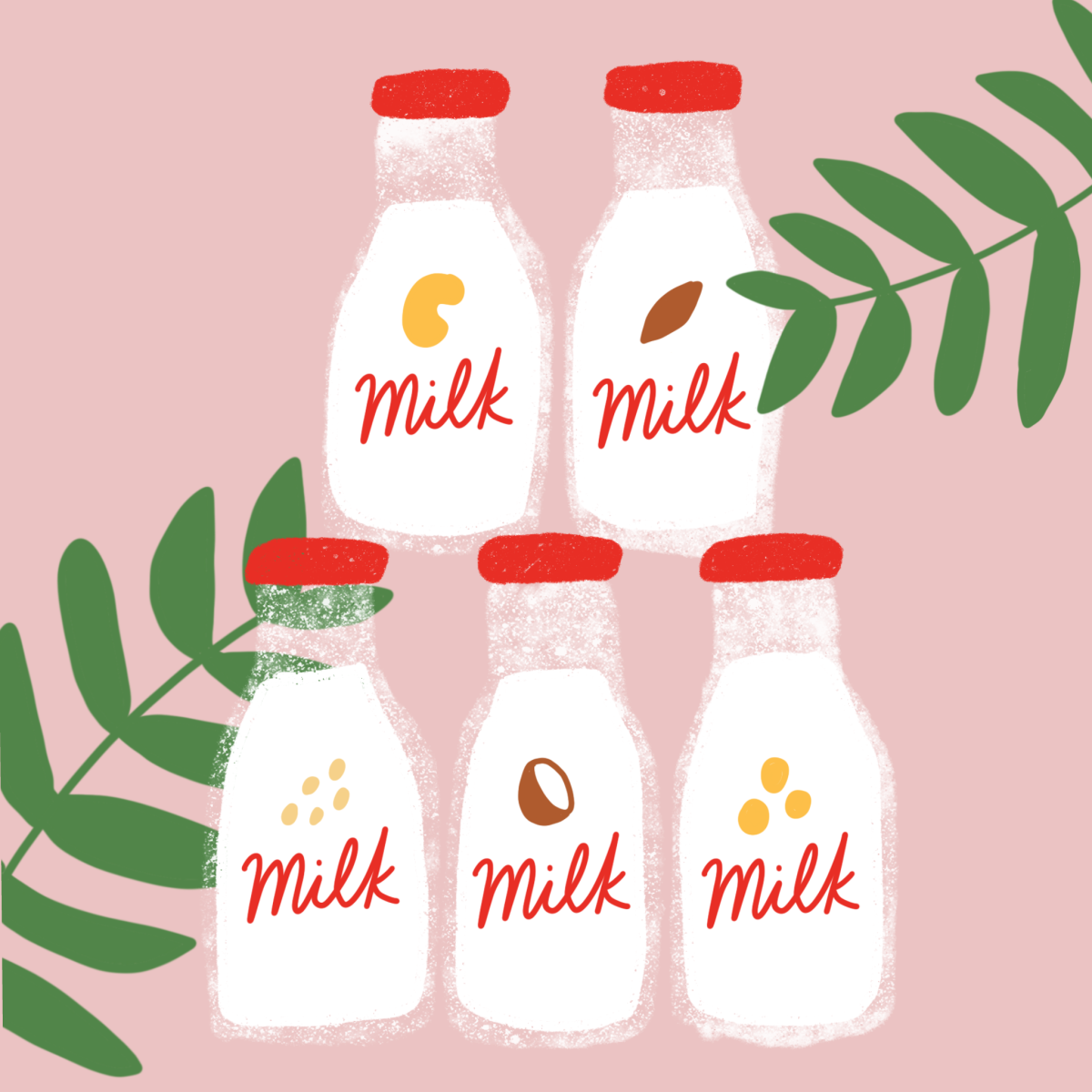By Jane Claire Hervey
When people think of the word “juicing,” steroid junkies, hamburger smoothies and squeezed oranges usually come to mind. However, for some “juicing” has nothing to do with hormones, junk food mixtures, or Tropicana juice, but everything to do with a lifestyle, a diet regimen, or a spiritual choice.
On Barton Springs Road, Juiceland serves up a variety of smoothies and juices, ground, squeezed and liquefied from fruits and vegetables. Besides providing the general public with fresh beverages, Juiceland functions as an information hub for “juicing” beginners and connoisseurs.
Led by Juiceland Cleanse Captain Leilani Galvan, these juicers participate in weekly, monthly or yearly juice cleanses, which entail anywhere from day-long to month-long diets of fruit and vegetable juice. Juicers cleanse to remove protein, fat and fiber from their diets in exchange for the vitamins, minerals and enzymes found in fruits and vegetables, which Galvan says are “easier for the body to absorb.”
To do a juice cleanse, juicers must stock up on fruits and vegetables and then blend them for every meal. Although some mistake juicing as an easy way to lose weight, most juicers cleanse to “enhance an already healthy lifestyle and give the body an opportunity to heal and focus on other things,” Galvan says.
For Galvan, this “opportunity to heal” can involve anything from healthier skin to fighting cancer. During her childhood, Galvan says her mother used juicing to heal her ovarian cancer. She attributes her mother’s success to the highly-debated belief that cancer cannot survive in an alkalized environment. Although juicing and the intake of raw foods has been proven to create an alkaline blood level, the idea that cancer cannot survive at these levels has been controversially proven and disproven by many different research studies. Some health professionals say alkaline levels in the bloodstream affect the survival and propagation of cancer, while others say it makes no difference. Despite the lack of agreement among the experts, Galvans says that “lots of people have come and gone with major health changes” in her juicing program, including better joint health, improvement in arthritis and clearer skin after cleansing.
Routine juicer Karen Sheriff started juicing to kick-start a weight loss program, but now she does it just to “feel good,” she says. Sheriff cleanses every two to three months for three days using the liver detox juice program, which centers on the consumption of green vegetables. She says her favorite juices are made of beets and carrots with a dash of cayenne to spice things up. “Sometimes cleanses sound extreme, but it gives my system a rest,” says Sheriff.
Although most juicers swear by the healthy side effects of juicing, Lindsay Gaydos, a registered dietician for the Division of Housing and Food Service, warns juicing may not be as healthy as it seems. Because juice cleanses typically reduce any form of protein or fiber intake, Gaydos says the lack of fiber and protein can have negative effects, like weakening hair and nails and slowing down metabolic rates. In turn, juicers could gain more weight, she says. “Going without protein can be a big deal. That’s actually going to slow your metabolism down. Once you finish the cleanse and start eating normal foods again, it’s quite possible you’re going to gain back the weight that you lost or even more,” she points out.
Because of these different factors, research does not indicate that juice cleanses are a healthy or necessary lifestyle choice. However, Galvan says that the benefits of juice cleansing extend into one’s spiritual and mental wellness — something that has not yet been measured on scientific terms. She says consuming hefty foods creates a false sense of safety and warmth and juicers’ intake of “light” foods takes away the emotional aspects of eating. As a result, the lack of heavy foods “creates an excellent arena to process emotions and suppressed feelings,” she says.
Although an advocate for juice cleansing, Galvan refutes the idea that juice cleanses can be used as a shortcut to long-standing weight loss. She emphasizes that optimum physical and mental health stem from positive long-term changes in diet and exercise. “You can do a juice cleanse and lose water weight, but there is no fast track,” Galvan says.
As an expert in human diet, Gaydos does not support extended juicing, but rather recommends it in moderation. Healthier foods, a diet rich in fruit and vegetables and exercise are the only ways to ensure optimal health, she says. “Juicing can be healthy,” Gaydos says. “You just have to be creative and do it in a healthy way.”















































